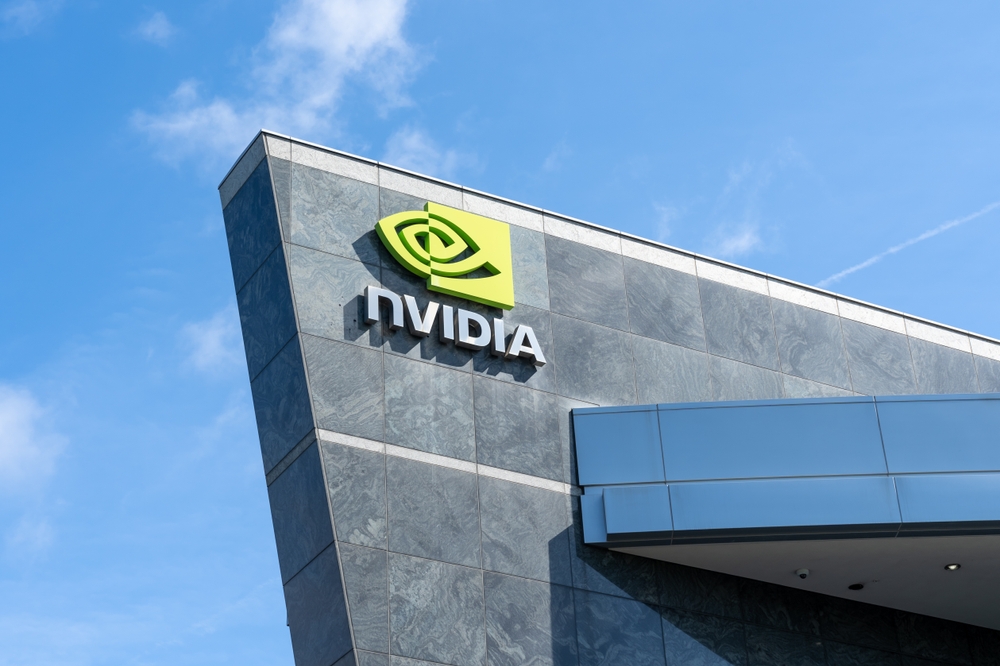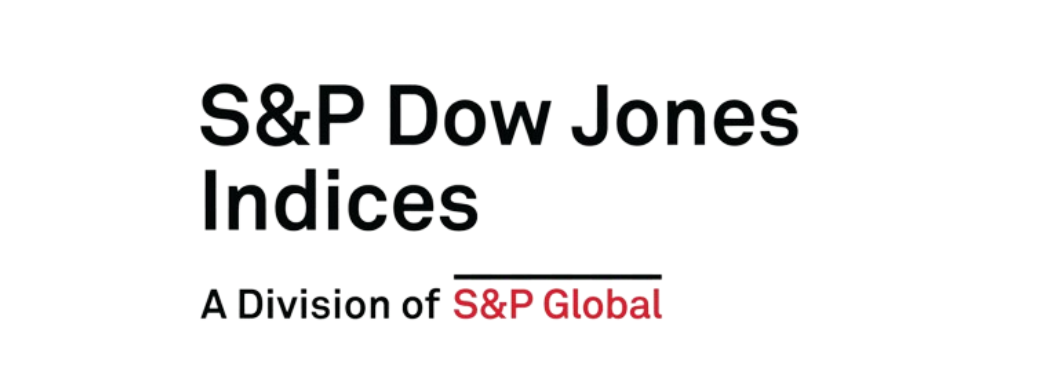State Street Global Advisors (SSGA) US technology ETF will dramatically shift the weighting for two of its top holdings on Friday.
The SPDR S&P U.S. Technology Select Sector UCITS ETF (SXLK), which has $1.5bn in assets under management, will increase its allocation in Nvidia from roughly 5% to more than 20% and drop its allocation of Apple from about 21% to 5%, reversing the stocks’ positions in the ETF with Nvidia becoming the second largest holding.
The ETFs $72bn US-listed counterpart will also be impacted, triggering billions of dollars in trading volume in one go.
“XLK will be a forced seller of ~$11 billion worth of $AAPL and a forced buyer of almost $10 billion worth of $NVDA in a rebalance... assuming Nvidia remains larger than Apple at market close on Friday,” Bloomberg research analyst James Seyffart wrote in a post on the social media platform X.
“XLK will be a forced seller of ~$11 billion worth of $AAPL and a forced buyer of almost $10 billion worth of $NVDA in a rebalance... assuming Nvidia remains larger than Apple at market close on Friday,” Bloomberg research analyst James Seyffart wrote in a post on the social media platform X.
Microsoft will retain the top weighting in the index, SSGA confirmed. SXLK’s rebalancing follows Nvidia's recent market capitalisation surpassing Apple's.
The tech sector fund passively tracks the performance of its benchmark index, the Technology Select Sector Index, which holds a basket of technology companies.
The weighting of each company in SXLK must reflect their weighting in the index. So SXLK must now purchase Nvidia Shares and sell Apple on Friday to mimic their new weightings in the index that the fund tracks.
NVDA vs AAPL: Market impact of rebalancing
The rebalancing of the index is likely to cause upward pressure on Nvidia's stock price and downward pressure on Apple's price, based on similar reallocations. However, the exact impact is difficult to predict and will depend on various market factors.
The impact on stock prices depends on how the broader market reacts to the rebalancing. Investors anticipating the rebalancing may have already adjusted their holdings, meaning the price movements might be smaller than expected.
The price movements might be more prominent in the short term, around the time of the rebalancing. In the long run, the stock prices will likely be driven more by the companies' individual performance and overall market conditions.
This article was originally published on ETF.com.




